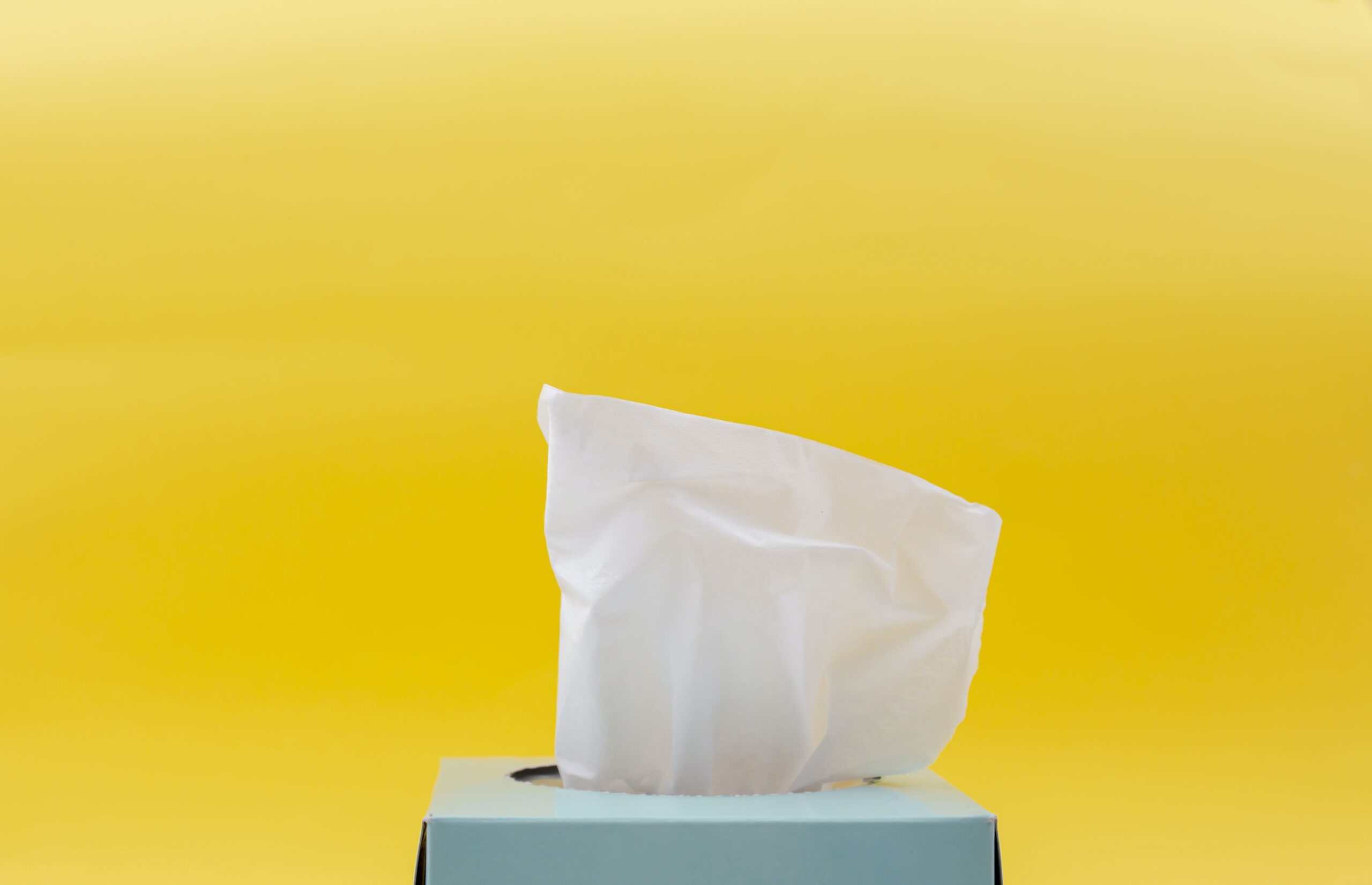We are fully in April, and for many that means the return of allergy season.
Here in Durango, it’s been incredibly windy, so that always creates more dust and spreads pollen. Not to mention that the spring winds can often be irritating to our mental outlook…
Because COVID-19 is top of mind for most everyone lately, I have noticed that symptoms people wouldn’t typically think twice about are now causing real concern. As soon as we sneeze or have a sniffle, there is often a response of, “Oh no! I’ve got it! This is the beginning!”
With so much anticipatory fear and anxiety floating around, it is natural that we are hyper-vigilant during this time.
However, the added stress on our system is certainly doing more harm than good.
If you are experiencing any symptoms, it’s important to remind yourself that it is more likely to be a cold or allergies than it is COVID.
We are being asked to act as though it’s COVID, not because it likely is, but to keep possible cross-contamination to a minimum. Basically, there often aren’t enough tests throughout the United States so there often isn’t a way to know for sure, so healthcare facilities are playing it safe. That doesn’t mean you have it, it means there aren’t enough resources to confirm or deny. Everyone is doing what they can to minimize the spread and impact of the virus.
While symptoms can range from mild to severe, a reminder that the 3 keynote symptoms of COVID are:
- Fever
- Shortness of Breath
- Cough
These symptoms typically persist for a couple of weeks, along with other flu-like symptoms like extreme exhaustion.
Allergies and colds have the following symptoms, most commonly:
- Sneezing
- Runny or stuff nose
- Itchy or watery eyes
- Congested or itchy ears
- Post nasal drip
- Fatigue
- Less common: Headache, wheezing/shortness of breath, cough
These symptoms are very common in the spring and most likely have bothered you in previous seasons. When we are stressed, we tend to have a dysregulated inflammatory response, and our symptoms will be more severe.
Here are some steps to take if you’re feeling these cold or allergy symptoms:
- Using a Neti pot or nasal rinse twice daily will help remove the pollen and allergic proteins from your sinuses.
- Removing dairy from the diet is helpful as dairy is a mucus-forming food, even if you’re not sensitive to it.
- Nettles tea can be helpful as it is mineral rich and can reduce allergy symptoms.
- Other supplements like vitamin C and quercetin are natural antihistamines and should be taken 2-3x daily.
- And, of course, optimizing liver function to help process the excess allergenic proteins is always ideal.
For more information about the difference between symptoms of a cold, flu or allergies, check out this website here.
If you have questions, reach out! I’m happy to consult with you. You can email me to set up a time.
If you’d like me to create a treatment plan for you or formulate an herbal remedy to support your system, you can schedule a half-hour telemedicine appointment here.
Take a deep breath. Check in with your body. Remind yourself you always have exactly what you need in every moment. And breathe.
With light and love,



 Dr. Nicola is the founder of Pura Vida Natural Healthcare in Durango, CO where she sees people locally and virtually. She's an expert in the treatment of anxiety, depression and insomnia. By connecting people back to themselves, she is able to minimize supplements and medications as her patients become empowered to heal themselves.
Dr. Nicola is the founder of Pura Vida Natural Healthcare in Durango, CO where she sees people locally and virtually. She's an expert in the treatment of anxiety, depression and insomnia. By connecting people back to themselves, she is able to minimize supplements and medications as her patients become empowered to heal themselves.